Who should not take CBD? Contraindications to the use of CBD
min. reading
There is a certain misconception and harmful belief that since something is natural, it has no side effects and is completely safe. In fact, natural substances have the same restrictions when it comes to use that synthetic substances also have! CBD is no exception here. Not everyone should use products with CBD, as there are certain contraindications to consuming products with cannabidiol. CBD can harm and can cause side effects in certain situations! It should also not be combined with certain substances. It is also possible to consume too much CBD, thus causing unwanted symptoms from the body. If you want to use CBD products safely, be sure to read this article to the end! You may be among the group of people for whom CBD is not recommended.
Table of Contents
When not to use CBD products?
Although many marketers say CBD is for everything and everyone, this misses the truth by miles. CBD is a natural cannabinoid derived from the hemp plant. It can be found in both hemp seeds, which are legal in Poland, and cannabis, which is legally regulated and only available in the form of medical marijuana. Does this mean that you can use CBD without fear and without following any rules? No! CBD should not be used in several important cases, which we describe below.
Contraindications to the use of CBD
There are important contraindications to the use of CBD that should be strictly adhered to. Products with CBD should not be used by pregnant and nursing women. It is not advisable to administer CBD to people who are taking certain medications, as this cannabinoid can alter their metabolization in the liver and thus affect their action and effectiveness. The health status of the person who wants to consume CBD products is also important. CBD should not be consumed by people who suffer from certain liver diseases, for example. One equally important exception is also a hypersensitivity to CBD or an allergy to hemp and the compounds in it at all.
Can CBD cause harm?
If we use CBD oil as directed, and it is tested and researched, and therefore safe, nothing bad should happen to us. However, just like any other dietary supplement, when CBD is used in the wrong way, it can harm us! In addition to the situations described in the previous paragraph, one of the reasons for feeling bad after the oil is using it in too large quantities. Too large portions consumed at once can cause us unpleasant effects. In this case, CBD can harm us. Unpleasant symptoms from the body should subside after some time, after we stop using CBD. Usually everything should be fine after a day after consuming the last serving.
What are the side effects of CBD?
CBD has fairly mild side effects and they are difficult to obtain. Nevertheless, this does not mean that they do not occur! Side effects mainly occur if you consume too much CBD or suffer from hypersensitivity to cannabinoids or cannabis allergies. The most common side effects include:
- agitation and trouble sleeping,
- diarrhea or nausea/vomiting,
- dry mouth,
- excessive fatigue or drowsiness,
- change in appetite.
These symptoms may or may not occur! If you use CBD oils as directed, starting with small portions and properly adjusted concentrations, such side effects should not occur at all.
What medications should we not use CBD with?
CBD interacts with medications, so if you are taking any medications, you should consult with your health care provider before starting supplementation. This mainly applies to drugs that metabolize the same cytochrome that also metabolizes CBD. The cytochrome in question is cytochrome P450. If the leaflet of the medication you are using says not to consume them with grapefruit juice, you probably can’t use CBD oil in that case either. CBD in combination with medications can work in two ways – either to reduce their effects or to increase them. This is extremely important in the case of medications that are life-saving drugs or those without which you cannot function normally.
If you are taking any medications, be sure to consult with your doctor before including CBD in your supplementation to make sure you can safely combine these substances!
With which vitamins and minerals not to use CBD?
Vitamins and minerals are often an integral part of our supplementation. Do you know even one person who has never taken any vitamin supplement? Well, that’s right! Like drugs, supplements are also metabolized in our liver, by cytochromes, including the aforementioned cytochrome P450. And just like with drugs, CBD can affect how vitamins and minerals work. They can be metabolized slower or faster, so they can stay longer or shorter in a given concentration in our bodies.
CBD is known to have a beneficial effect on the supplementation of other substances. This includes vitamin D3, vitamin C and melatonin. However, there are not enough publications in reliable sources to unequivocally state that the use of CBD together with other substances does not have a negative effect or has only positive effects on the body.
Is it possible to overdose on CBD?
CBD overdose, which will cause that most dramatic effect, death, has never happened and is unlikely to happen. You don’t need to fear it! Too much CBD causes the effects described in the paragraph on adverse symptoms. That’s just it! However, it is important not to use CBD if you are taking medication. Don’t do it without first consulting your health care provider. CBD is a well-tolerated, safe agent, as the WHO (World Health Organization) itself says.
Does CBD harm the heart?
CBD oil on hemp oil benefits the cardiovascular system. Why? Because they contain essential omega-3, omega-6 and omega-9 fatty acids in optimal proportions for the human body. As a result, they help regulate cholesterol and triglyceride levels in the blood, and also have anti-inflammatory effects. This, in turn, results in a lower risk of cardiovascular diseases such as atherosclerosis, arrhythmia and stroke.
Does CBD harm the liver?
A few years ago, you could see on the Internet reports of researchers from the University of Arkansas who tested what amounts of CBD damage the liver. The study was done on a mouse model. The mice were given huge amounts of CBD, which actually caused liver damage. They were given portions of 2468 mg CBD/kilogram of body.
The liver at such amounts of CBD can be damaged. However, it is important to note that no one consumes such amounts of cannabidiol. The main reason is… the cosmic amount that would come out, for such a large daily supplementation! Converting “from mouse to human,” an average 70-kilogram man would have to consume 14,000 mg at a time to suffer liver damage. And even with portions used therapeutically, so higher than prophylactic, human, these amounts range from 0.5 to a maximum of 50 mg per kilogram of body.
Unless we drink several bottles of 15% oil at a time (i.e., about 9/10), our liver should be able to handle metabolizing CBD just fine. The exception is if the liver is previously stressed. Then CBD oil supplementation should be consulted with our doctor first.

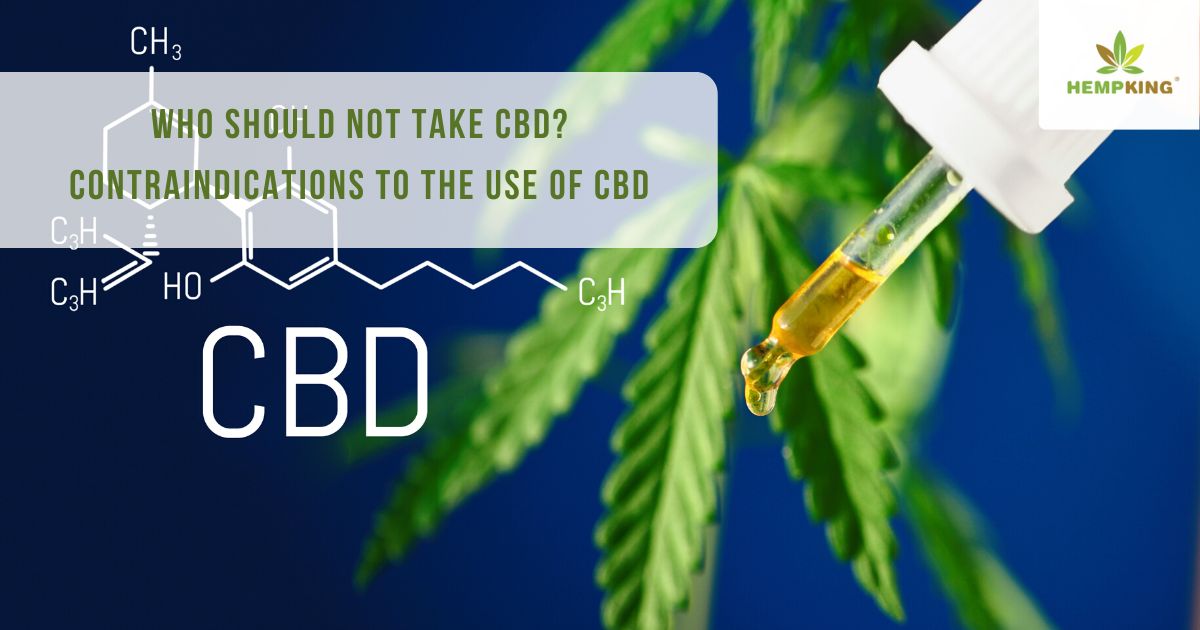



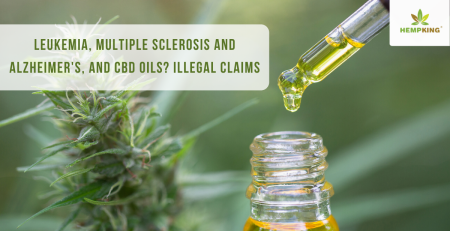

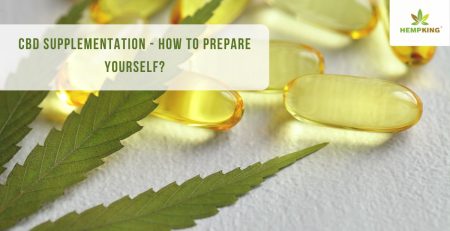
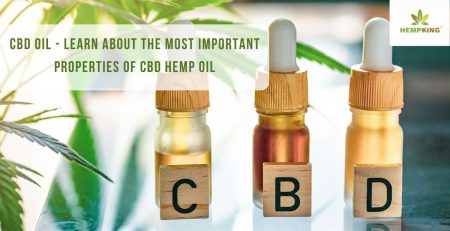

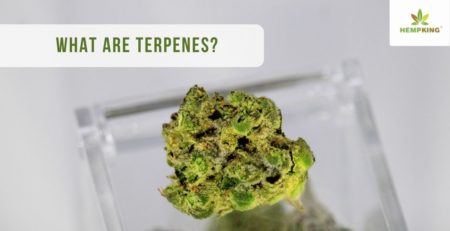

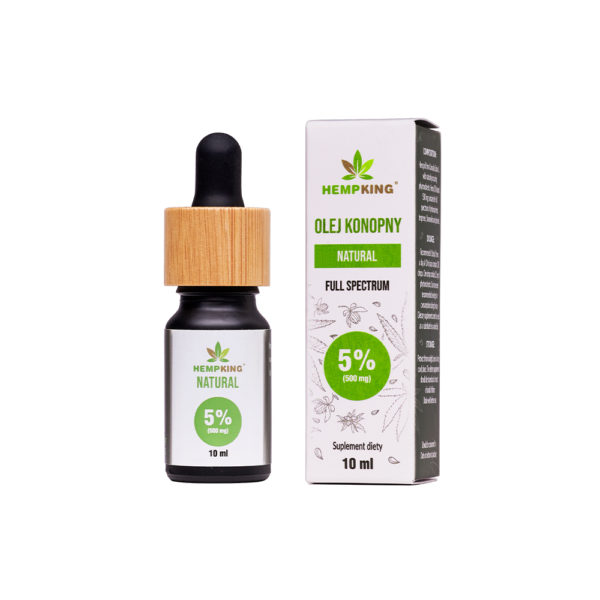
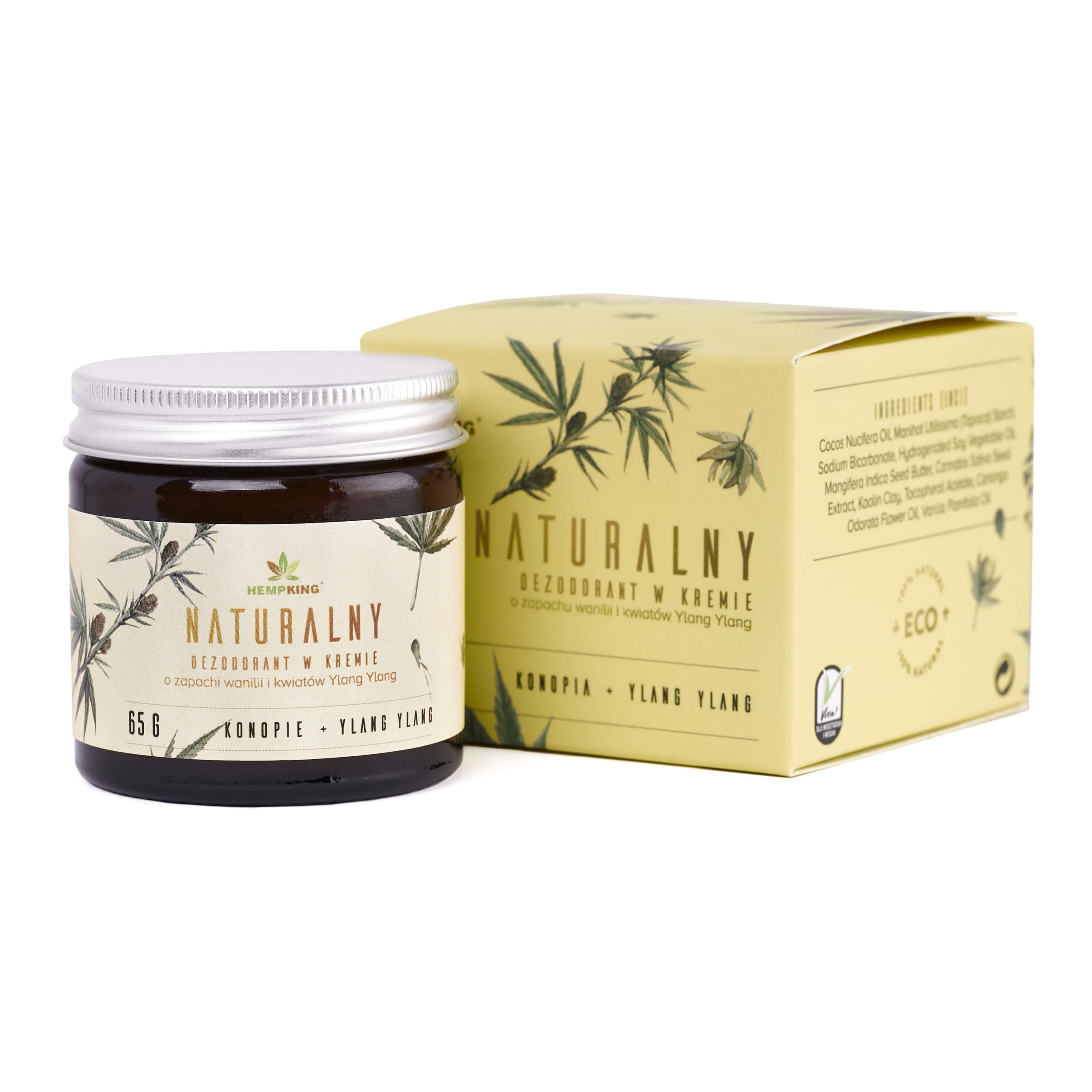
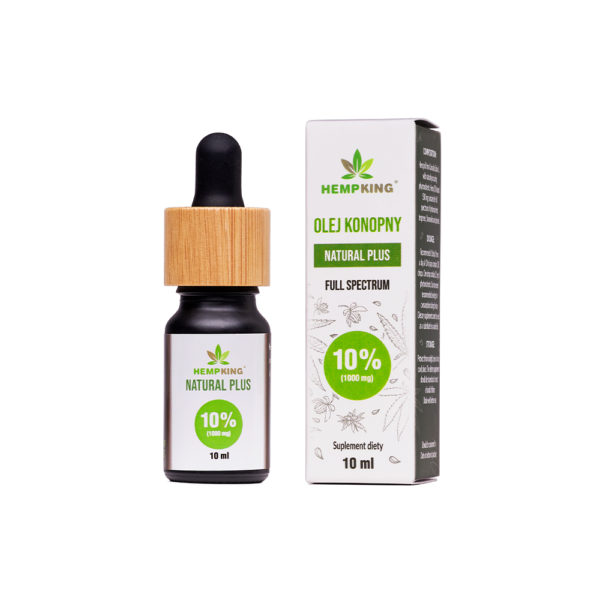
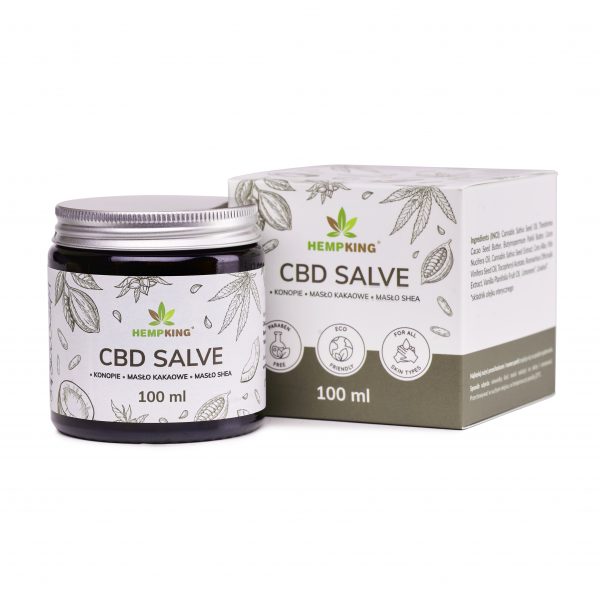
 Facebook
Facebook Instagram
Instagram

Comment (1)
Thanks for the advice very useful